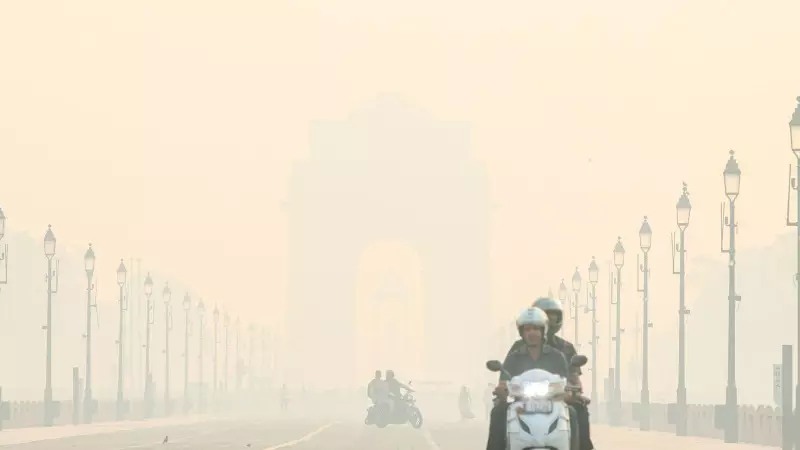
Delhi's notorious air pollution isn't just causing breathing problems—it's dramatically increasing the risk of life-threatening heart attacks and strokes, according to a shocking new medical study. The research reveals that the city's toxic air is creating a silent health emergency that demands immediate attention.
The Invisible Killer in Delhi's Air
Recent findings from medical experts show that fine particulate matter, known as PM2.5, penetrates deep into the bloodstream through the lungs. These microscopic particles trigger inflammation and oxidative stress throughout the body, directly damaging blood vessels and increasing the likelihood of cardiovascular catastrophes.
Alarming Statistics You Can't Ignore
The study demonstrates that with every 10 micrograms per cubic meter increase in PM2.5 concentration, the risk of heart attacks surges by 1.5% and stroke risk jumps by 2.1%. Given that Delhi's PM2.5 levels frequently exceed 300-400 micrograms—multiple times the safe limits—the cumulative impact on public health is terrifying.
Who's Most at Risk?
While all Delhi residents face danger, certain groups are particularly vulnerable:
- Elderly citizens with pre-existing heart conditions
- Children whose respiratory systems are still developing
- Outdoor workers including traffic police and construction laborers
- People with diabetes or hypertension
Protective Measures You Can Take
Medical experts recommend several urgent precautions during high-pollution days:
- Wear N95 or N99 masks when outdoors
- Use air purifiers at home and workplace
- Avoid morning walks when pollution peaks
- Keep windows closed during high AQI periods
- Monitor air quality indices regularly
A Call for Systemic Action
Beyond individual protection, the study emphasizes that only comprehensive government action can address this crisis. This includes stricter emission controls, transitioning to electric vehicles, reducing agricultural burning, and creating green buffers around the city.
The research serves as a crucial wake-up call for policymakers and citizens alike. Delhi's air pollution is no longer just an environmental issue—it's a direct threat to heart health that requires immediate, coordinated action to prevent countless avoidable tragedies.





